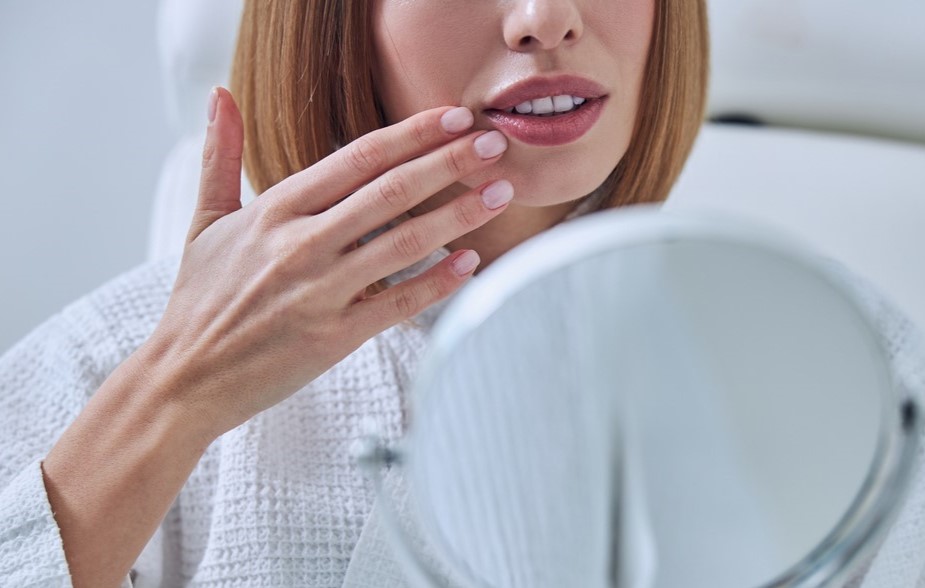What happens to your teeth and gums if you don’t regularly floss?
Flossing your teeth is often a habit that’s overlooked, but skipping it can have lasting effects on your oral health.
While brushing helps keep the surfaces of your teeth clean, it doesn’t remove the plaque and debris that build up between them or just under the gumline.
If flossing isn’t part of your daily routine, you’re leaving those hidden areas vulnerable to decay, gum inflammation, and other avoidable issues.
Plaque builds where your toothbrush can’t reach
Your toothbrush does a great job cleaning the outer surfaces of your teeth, but it simply can’t reach between them or get underneath the gumline where plaque tends to hide.
These narrow gaps are hotspots for food particles and bacteria. Over time, plaque in these areas hardens into tartar (a stubborn deposit that can only be removed professionally). When tartar is left to build up, it can lead to gum irritation, cavities, and a range of other problems that require more than just a scale and polish to fix.
When you floss your teeth daily, it breaks the cycle by targeting the places your toothbrush misses.
Gum inflammation and bleeding
If you’ve ever noticed your gums bleeding when brushing or flossing, it’s often a sign of gingivitis, the earliest stage of gum disease.
Many people assume that bleeding means they should no longer floss their teeth, but it’s actually the opposite. It’s a signal that your gums need more attention, not less. Gingivitis occurs when plaque builds up along the gumline and triggers an inflammatory response.
At this stage, it’s still reversible with improved oral hygiene, and flossing daily is one of the most effective ways to bring inflamed gums back to health.
Ignoring the signs, on the other hand, allows the problem to escalate.

Bad breath that won’t budge
If you’re brushing regularly but still battling bad breath, the problem may be lingering between your teeth.
Bacteria trapped in these tight spaces feed on leftover food particles. This releases unpleasant odours in the process. Mouthwash might offer a temporary fix, but unless you’re physically removing the debris, the source of the issue remains.
Flossing daily helps to eliminate this buildup and prevents the type of odour that brushing alone can’t fully manage. It’s a simple step with a noticeable impact on your overall freshness and confidence.
Staining and discolouration
When plaque is allowed to build up between teeth, it can attract and hold onto surface stains more easily. This is particularly the case if you enjoy coffee, tea, red wine or colourful foods.
Over time, this can lead to visible staining in the spaces between teeth, even if the rest of your teeth appear white.
If you’ve undergone professional whitening or Smilelign clear aligner treatment, this can take away from the overall effect.
Flossing helps prevent this uneven build-up, maintaining a cleaner and more consistent appearance.

A small habit that makes a big difference
Flossing might not feel like the most important part of your routine, but it plays a major role in keeping your mouth healthy and fresh.
Adding just a couple of minutes to your daily routine can help prevent gum disease, reduce staining, improve breath, and support better dental outcomes long term.
And if you’re investing in treatments like Smilelign, flossing ensures that your final results look and feel as good as possible!




